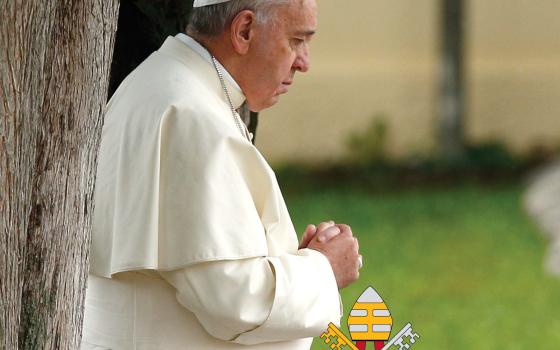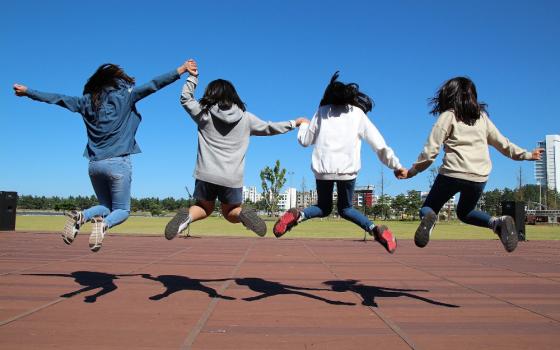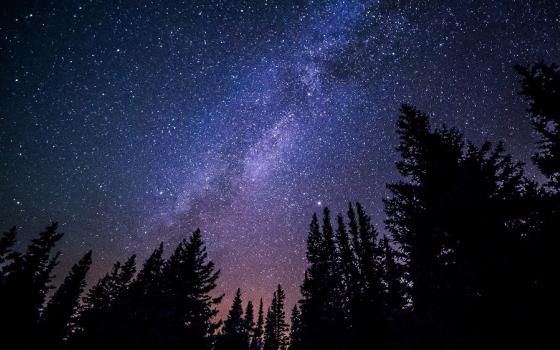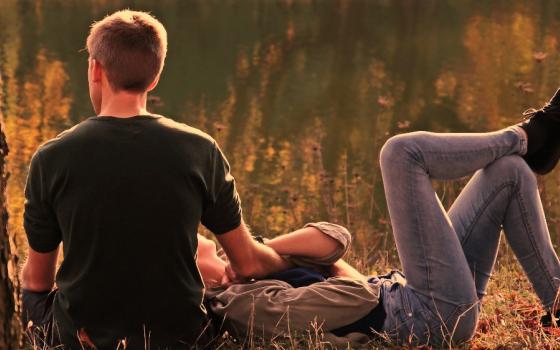Noah's Ark by Roelant Savery (Wikimedia Commons)
READ
Laudato Si' Chapter 2, Section 2: The Wisdom of the Biblical Accounts
Pope Francis starts chapter 2 by summarizing the theology of creation and the Bible's teachings about human existence. "They suggest that human life is grounded in three fundamental and closely intertwined relationships: with God, with our neighbour and with the earth itself. According to the Bible, these three vital relationships have been broken, both outwardly and within us. This rupture is sin. The harmony between the Creator, humanity and creation as a whole was disrupted by our presuming to take the place of God and refusing to acknowledge our creaturely limitations" (66).
Human sin is what ruptured the unity within the Holy Trinity. "This in turn distorted our mandate to 'have dominion' over the earth (cf. Gen 1:28), to 'till it and keep it' (Gen 2:15). As a result, the originally harmonious relationship between human beings and nature became conflictual (cf. Gen 3:17-19)" (66). These words in the book of Genesis are often misinterpreted. Francis tries to set it straight when he says, "'Tilling' refers to cultivating, ploughing or working, while 'keeping' means caring, protecting, overseeing and preserving. This implies a relationship of mutual responsibility between human beings and nature. Each community can take from the bounty of the earth whatever it needs for subsistence, but it also has the duty to protect the earth and to ensure its fruitfulness for coming generations" (67).
REFLECT
The rest of chapter 2 describes biblical accounts that symbolize God's intention for humanity to "respect the laws of nature and the delicate equilibria existing between the creatures of this world" (68). Francis characterizes such "laws of nature" by describing how the Bible dwells on relationships between humans and other beings. He cites the stories of Cain and Abel and Noah's ark: "These ancient stories, full of symbolism, bear witness to a conviction which we today share, that everything is interconnected, and that genuine care for our own lives and our relationships with nature is inseparable from fraternity, justice and faithfulness to others" (70).
ACT
God designed a world in which nature takes care of us, and God intended for us to care for it in return. Individual actions that can strengthen your connection with nature include caring for house plants and growing your own food. To have a bigger impact, consider the politicians you vote for and the companies you support with your wallet: What are their values? What do their actions say about their commitment to caring for our common home?
Digging Into Laudato Si’
Join EarthBeat on an exploration of Laudato Si' through a social, political and spiritual lens. Three times a week, we’ll dive into a new section of the papal document, leading readers through an informal study of the call to care for our common home, five years on.
Read | Reflect | Act
Advertisement








